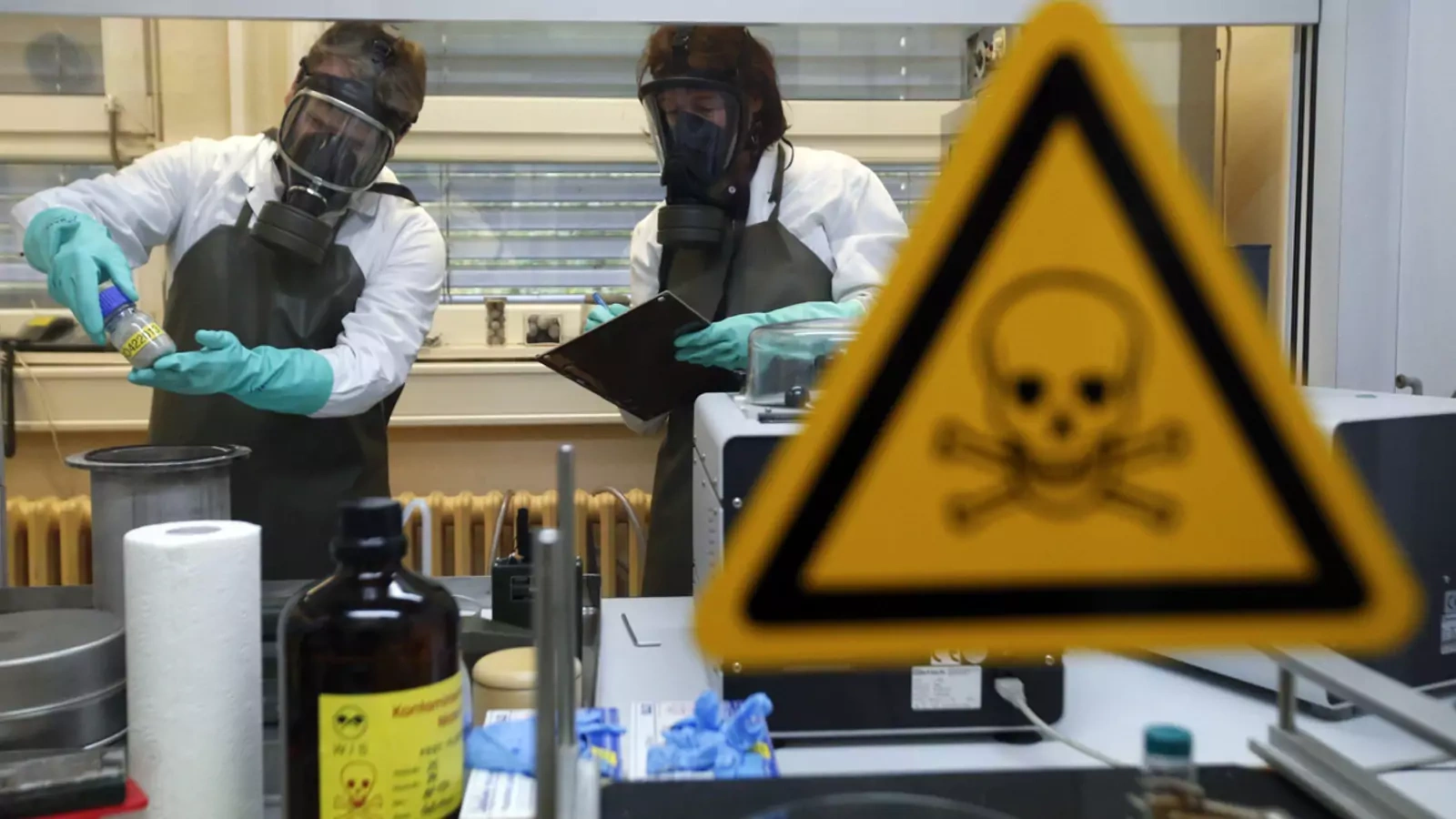Chemicals are an essential part of our daily lives, from the food we eat to the products we use. However, not all chemicals are created equal. In this article, we will explore the five main types of chemicals and their uses.
- Organic Chemicals
Organic chemicals are compounds that contain carbon and are found in living organisms. They are used in a variety of applications, including pharmaceuticals, plastics, and pesticides. Examples of organic chemicals include ethanol, acetic acid, and benzene.
- Inorganic Chemicals
Inorganic chemicals are compounds that do not contain carbon and are not derived from living organisms. They are used in a variety of applications, including fertilizers, water treatment, and construction materials. Examples of inorganic chemicals include sodium chloride, sulfuric acid, and calcium carbonate.
- Polymers
Polymers are large molecules made up of repeating units. They are used in a variety of applications, including plastics, adhesives, and textiles. Examples of polymers include polyethylene, polystyrene, and polypropylene.
- Biochemicals
Biochemicals are chemicals that are produced by living organisms. They are used in a variety of applications, including medicine, agriculture, and food production. Examples of biochemicals include enzymes, hormones, and amino acids.
- Nanomaterials
Nanomaterials are materials that have at least one dimension in the nanometer range. They are used in a variety of applications, including electronics, medicine, and energy production. Examples of nanomaterials include carbon nanotubes, quantum dots, and nanowires.
In conclusion, chemicals are an essential part of our daily lives, and understanding the different types of chemicals and their uses is crucial. From organic and inorganic chemicals to polymers, biochemicals, and nanomaterials, each type has its unique properties and applications. By understanding these differences, we can make informed decisions about the products we use and the impact they have on our health and the environment.










+ There are no comments
Add yours